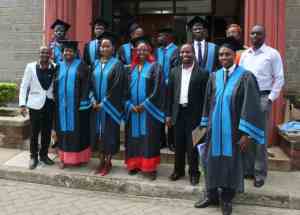A team is a group of people committed to a common purpose
who choose to cooperate in order to achieve exceptional results.
Pat MacMillan
Certainly, when we think about “movements everywhere” and helping to fulfill the Great Commission, the need for teams and partnerships is obvious.
The practical necessity of teams is so clear; yet the development of the attitudes that support great teamwork is challenging.
Look at these verses:
Ephesians 4 (NLT) “…Always be humble and gentle. Be patient with each other, making allowance for each other’s faults because of your love. Make every effort to keep yourselves united in the Spirit, binding yourselves together with peace….we will speak the truth in love, growing in every way more and more like Christ, who is the head of His body, the church. As each part does its own special work, it helps the other parts grow, so that the whole body is healthy and growing and full of love.”
Philippians 2: 3-4 “Do nothing out of selfish ambition or vain conceit, but in humility consider others better than yourselves. Each of you should look not only to your own interests, but also to the interests of others.”
I Peter 2:17 “Respect everyone, and love your Christian brothers and sisters. Fear God, and respect the king.”
These are the attitudes that form the basis for cooperation toward a common purpose. Dr. Sue Jones, in her book Developing A Learning Culture, reinforces these thoughts by identifying three attitudes in leaders that promote learning, leadership and teamwork: humility (absence of arrogance) about one’s own knowledge and skills, respect for others and their knowledge and skills, and trust in others and their abilities.
These three attitudes are the basis for the ability to:
- encourage and listen to others’ views, ideas and suggestions,
- be open with others,
- take open feedback and criticism,
- avoid personally judging others
- avoid personally judging others and be tolerant of differing and opposing views and others’ mistakes.
Why are these attitudes so challenging?
What do you do to develop the right leader attitudes? Let us know what you think.
This post is just a small taste of the great content you can read on Andrea Buczynski’s blog!









